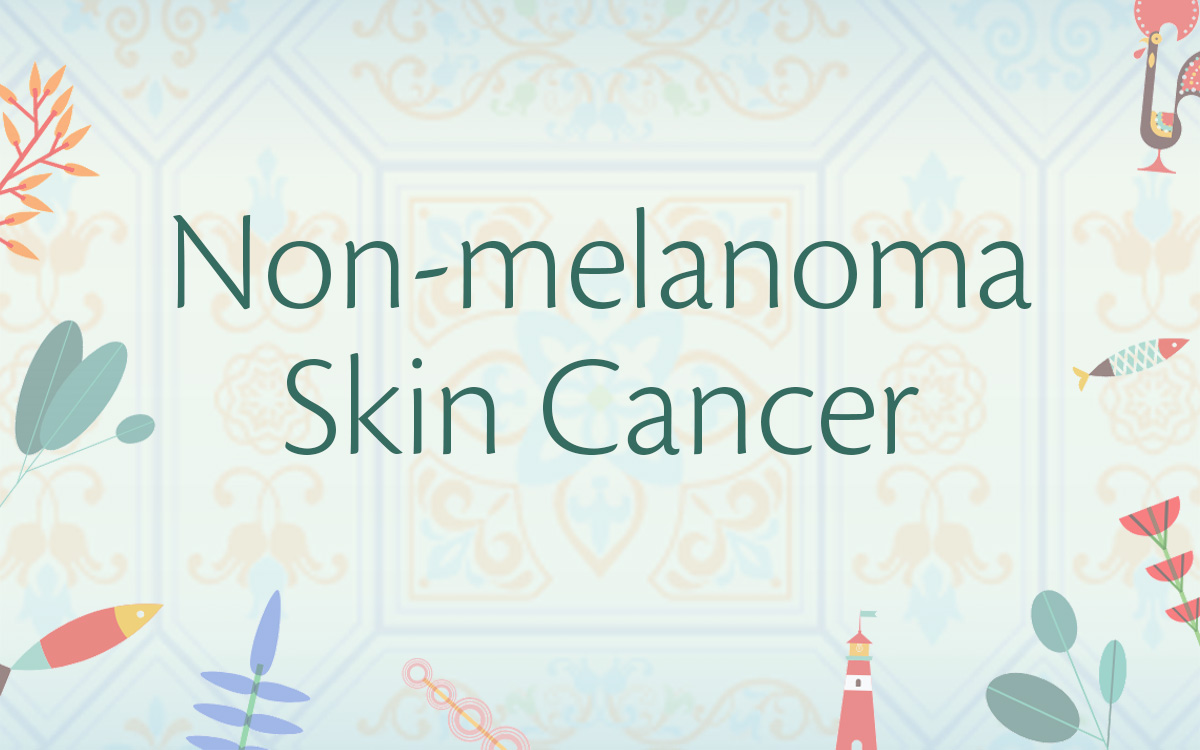The “non-melanoma skin cancer” session in the EADV’s spring symposium will focus mainly on basal cell carcinoma (BCC) and squamous cell carcinoma (SCC).
Basal cell carcinoma is a skin cancer developed from the skin’s most superficial layer and the hair follicle. It is the most common skin cancer in adult patients and usually does not metastasize. Nowadays the treatment of BCC has a wide range of modalities, both non-invasive and invasive, such as topical treatment, surgery, photodynamic therapy and radiotherapy, and the best choice for patients depends on many factors (age, size and localisation of the tumour, primary or recurrent tumour).
A correct diagnosis and early and adequate treatment are the basis for improvement of patients’ quality of life, and that is why it is important to be constantly updated on the latest data on treatment modalities for different types of BCC.
On the other hand, squamous cell carcinoma is the second most common skin cancer in Caucasian populations, and the most common skin cancer in persons of colour. It originates from the squamous cells of the skin, which do not play a role in skin colour, but compose most of the skin’s superficial layer.
The majority of BCC and SCC are treated with conventional surgery or radiotherapy, but certain tumours or patient-determined factors, such as high tumour multiplicity or patient comorbidities, may result in these modalities being inadequate or inappropriate.
Like cutaneous melanoma, the pathogenesis of BCC and SCC is related to DNA damage from ultraviolet radiation exposure, and these cancers have a very high tumor mutational burden, which likely results in higher levels of tumor neo-antigens that may be targeted by the immune system. In such circumstances immunotherapy may be indicated as the most appropriate treatment, and over the past 10 years several new systemic agents have been approved. The latest data on current immunotherapy drugs used for BCC and SCC will be reviewed, discussing also the future directions that such therapy may take as a neoadjuvant approach.
Last but not least, managing skin tumours in the elderly is not always as straightforward as it is in most skin cancer cases. Several aspects have to be considered, such as quality of life, frailty and multidisciplinary care. The session will discuss these aspects and will attempt to translate them into practical advice for use in daily practice.
Session speakers
- Brigitte Dréno – Nantes, France
- Raimonds Karls – Daugmale, Latvia
- Rick Waalboer-Spuij – Rotterdam, Netherlands
- Amaya Viros – Manchester, United Kingdom





